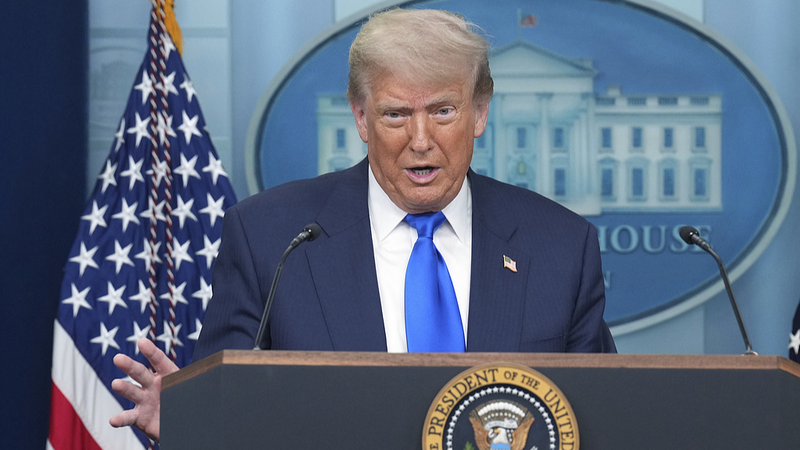In a striking post early Friday, U.S. President Donald Trump announced he’s scrapping plans to lift sanctions on Iran and warned he could order fresh airstrikes against Tehran if its uranium enrichment crosses a worrisome threshold.
Trump’s remarks followed the first comments from Iran’s Supreme Leader Ali Khamenei after a 12-day flare-up with Israel, which escalated when the U.S. launched strikes on Iran’s nuclear sites last weekend. In his address, Khamenei said Iran had "slapped America in the face" by retaliating against a major U.S. base in Qatar, and vowed the country will "never surrender."
In a defiant social media post, Trump claimed he had "spared" Khamenei’s life during the strikes—saying he knew exactly "where he was sheltered" and refused to let American or Israeli forces end the Supreme Leader’s life. U.S. officials had earlier told Reuters the president vetoed an Israeli plan to target Khamenei directly.
On the diplomatic front, talks of a potential nuclear deal hinged on a shift in tone from the United States. Iran’s Foreign Minister Abbas Araqchi urged Trump to drop his "disrespectful and unacceptable tone" toward Khamenei and end the sanctions if he was serious about a deal. Yet by the end of the week, the president announced he would abandon efforts to ease economic pressure.
This latest exchange underscores a high-stakes standoff with global implications. For young global citizens and business leaders tracking energy markets, renewed sanctions could mean higher oil prices and deeper instability in supply chains. Thought leaders and activists may see this as a test of diplomatic limits in addressing nuclear concerns, while travelers and digital nomads could face shifting advisories in the region.
What happens next? Will diplomatic channels find common ground, or will the rhetoric spark another round of escalation? Share your thoughts below.
Reference(s):
Trump says he may bomb Iran again, drops plans to lift sanctions
cgtn.com



